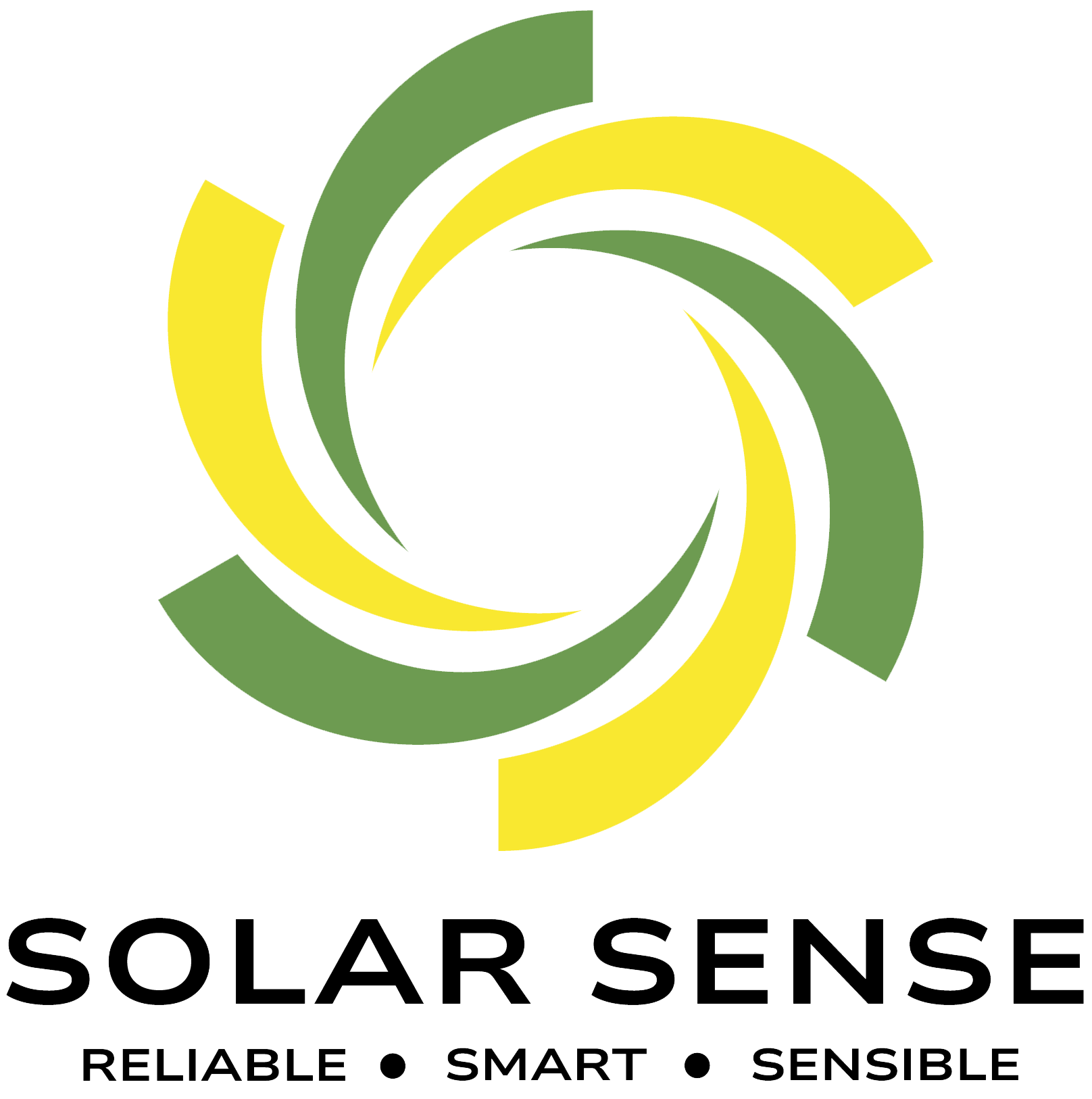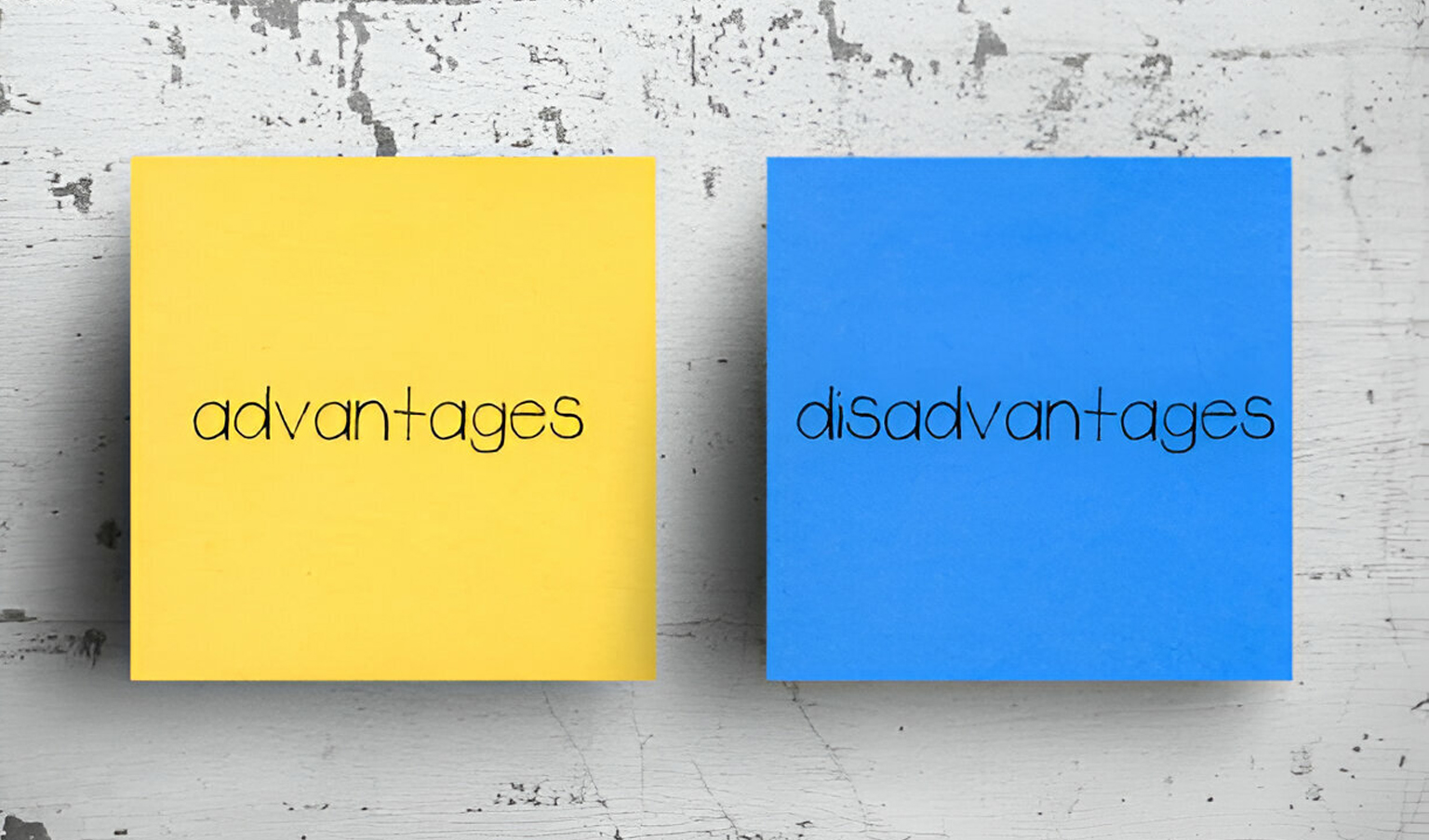Solar energy, derived from the sun’s rays, is a powerful source of energy that can be converted into electricity for homes and businesses. Despite its potential, only 0.001% of solar energy is used annually. The International Energy Agency reports that solar energy usage has rapidly increased, surpassing all other fuels. As technology improves, the capacity for abundant solar energy use is increasing, and it is expected that we will soon unite and enjoy the benefits of solar energy. Countries worldwide are focusing on renewable energy to achieve net-zero emissions. Solar, the most abundant, fastest, and cheapest energy source, generates minimal greenhouse gas emissions. Despite rapid growth, factors like its solar energy advantages and disadvantages could hinder its development.
What Is Solar Energy and How Does It Work?
Solar energy is a renewable energy source that generates electricity through the use of sunlight. The cells, composed of silicon, combine to generate solar energy by forming an electrical circuit when photons lose electrons, generating electricity through electron flow.
Solar energy has been a significant source of energy since ancient times, with Egyptians in Africa being the first to use it to heat their homes. Today, societies worldwide have developed innovative technologies to convert the sun’s energy into electricity for various applications. Solar energy has grown rapidly, rising from 0.06% to 1.11% of the global energy mix between 2010 and 2019.
Countries like China, the United States, Japan, Australia, and India have invested heavily in solar energy, with India aiming to increase energy from renewable sources to 50% by 2030. Spain is one of the first countries to deploy large-scale solar photovoltaics and the largest producer of solar-powered electricity in Europe. Solar energy works by capturing sunlight’s light and heat, converting it into electrical energy through photovoltaic (PV) panels and solar thermal panels. While solar energy has significant potential, it has its advantages and disadvantages.
Solar Energy Advantages and Disadvantages:
Solar Energy Advantages:
1. Solar energy is a clean and renewable energy
Solar energy is a renewable energy source that never runs out, converting sunlight directly into electricity. It is cleaner, cheaper, and easier to produce than fossil fuels, as it doesn’t create carbon emissions or greenhouse gases. Solar energy also uses little to no water, unlike steam turbine-powered power plants. This makes it an attractive alternative to fossil fuels, as it doesn’t require significant effort or expensive machinery.
2. Solar energy is abundant and not dependent on other energy sources.
Solar energy, the richest energy source, reduces pressure on other sources, benefiting ecosystems and the environment, as a small fraction of sunlight can generate significant power.
3. The advancement of solar technologies is enhancing their efficiency
Solar energy usage has led to increased industrial growth and is expected to continue growing. Advances in solar technology have improved efficiency and durability, with panels now converting 15%-20% of sunlight into electricity. Battery storage systems are also emerging as a solution for integrating solar renewables into global power systems.
4. Non-maintenance or low maintenance costs
Solar power systems require minimal maintenance, requiring cleaning twice annually and replacing inverters every five to 10 years. With an average lifespan of 25 years, they’re cost-effective.

Disadvantages of Solar Energy
1. The installation process is expensive
The cost of solar energy is decreasing as the industry expands, but initial costs include panels, inverter, batteries, wiring, and installation. Leasing options may reduce initial costs, but long-term investments are better suited for property owners. The average global cost of solar PV modules has decreased by 62% annually.
2. Solar energy is weather-dependent, as solar panels rely on sunlight
Solar energy is not equally efficient globally due to limited sunlight availability. The amount of energy produced varies based on factors like direct sunlight quality and panel size. Alternative renewables like geothermal and hydropower may be more effective in countries with limited sunlight. Solar panels require sunlight to generate electricity, making them inefficient during storms and gloomy days. Solar energy systems require batteries, which can wear out and require maintenance. Wind power generates electricity at night and during storms, making it a popular choice for residential systems.
3. Solar roofing systems may not be suitable for all roof types
Orientation and roofing materials affect solar panel compatibility. Angled roofs capture more energy. Materials like asphalt, metal, and tiles make installation easier, but other materials may be more expensive. Energy-efficient roofs support solar panels.
Our Address and Contact Information
Visit us at our convenient location in Azadpur:
- Solar Sense
- 13 Main GT Road, Azadpur, Delhi-110033
- Contact Number: +91-8130025257
- Email: info@solarsense.in
Get in touch with Azadpur
Ready to make the switch to solar panels? Contact Solar Sense today to schedule a consultation and find out how we can help you harness the power of the sun.
- Phone: +91-8130025257
- Email: info@solarsense.in
Stay connected with us for the latest updates and offers on our solar solutions.

